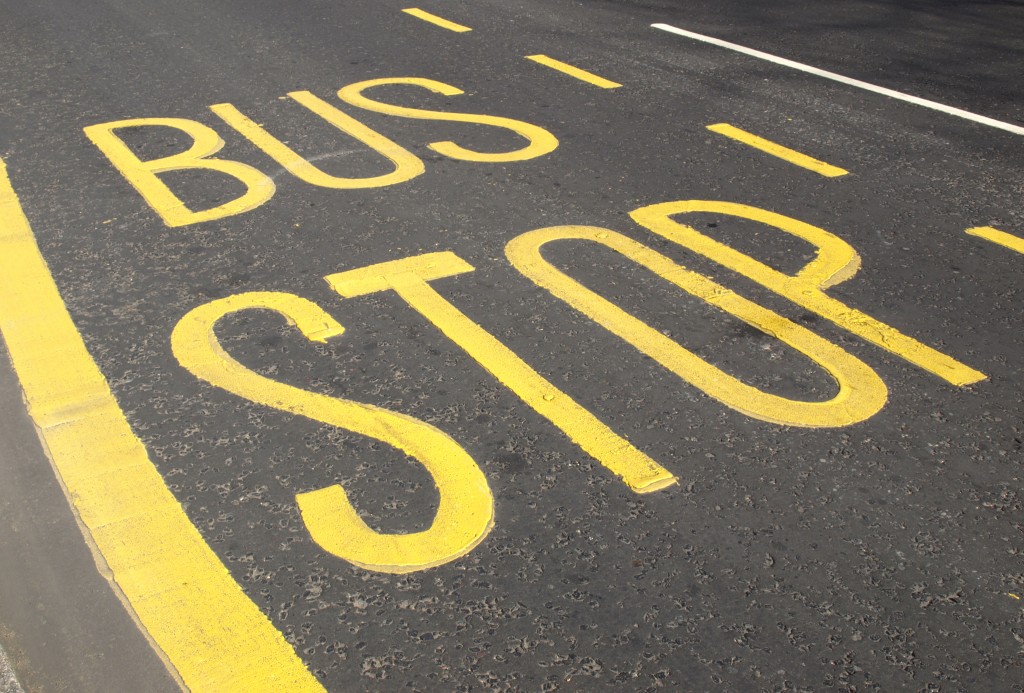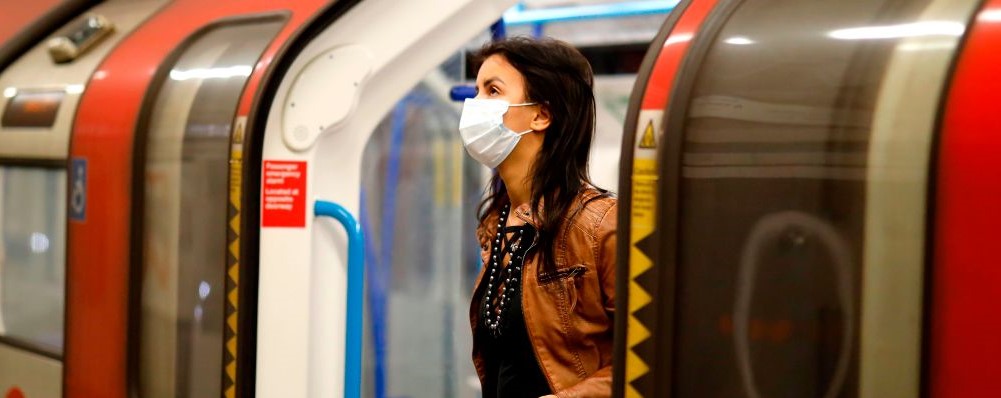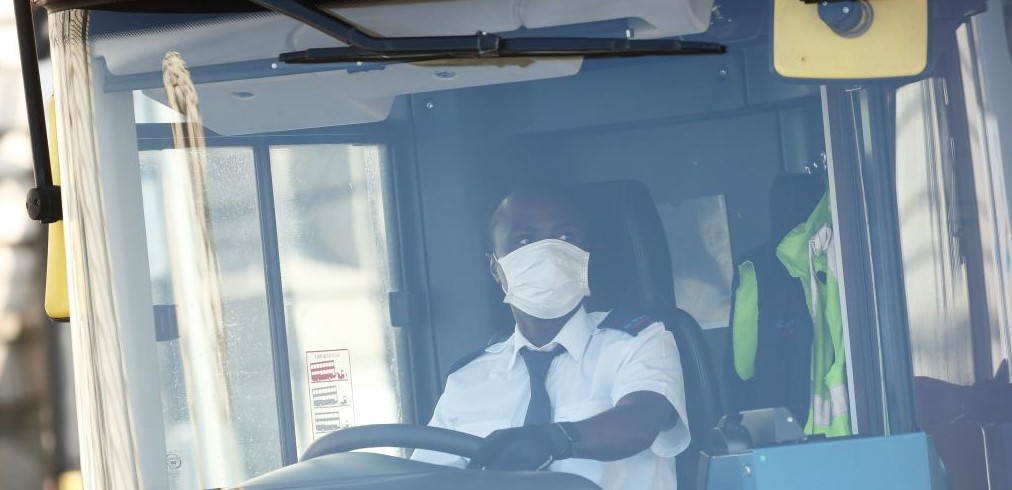Zero tolerance
Driving a bus isn’t easy – you’ve got to be constantly on alert, surveying both what’s happening on the road and monitoring passengers in your vehicle to ensure their safety.
But what many don’t realise is that drivers are often subject to all manner of abuse from the public.
Take, for example, one Yellow Buses driver in Bournemouth, who was viciously spat on by an allegedly drunken passenger on Saturday (February 5).
“There’s a bit of DNA — all over your face,” the passenger said before spitting on the driver and ambling down into the bus to get a seat.
The driver promptly pulled the offending passenger off the bus by his hoodie onto the pavement by the bus stop, saying, “I don’t take no s**t from you.” He then apologised to his passengers and carried on with his day, as the passengers cheered and clapped.
The incident was caught on camera, and in a matter of days, the video has gone viral, with more than 5m views and thousands of social media comments from the public who’ve congratulated the driver for standing up both for himself and his passengers, who could have easily also been abused by the man had he been allowed on the bus.
“That bus driver is a legend,” one commenter said on social media. “He stood up for what he thought…was right.”
“You sir, have my utmost respect and I would like to shake your hand,” he added. “You showed self-control (which many of us most probably wouldn’t have) to protect yourself and your passengers.”
Dorset Police and Yellow Buses have both launched an investigation into the incident.
Unite regional officer Bob Lanning said that unfortunately, passengers spitting at bus drivers is an all-too common occurrence and added that it “can’t be tolerated in any circumstances”.
“It is completely unacceptable and we would strongly support any driver who is a Unite member wishing to pursue this matter with the police,” he said.
Assault screens
Lanning explained that 15 years ago, he played a key role in getting Yellow Buses in Bournemouth to introduce fitted assault screens because of drunken passengers throwing punches and spitting at members.
“The drivers at that time felt under threat and the introduction of the screens made such unacceptable behaviour more difficult,” he said.
“I will check with the bus company to see if the screens are still being fitted and if any additional measures could be implemented.”
“Drunkenness is a problem for all those serving the public on the frontline whether it is in a busy A&E hospital department or on a bus in Bournemouth – and such behaviour has Unite’s unreserved condemnation,” Lanning went on to say.
Unite national officer for passenger transport Bobby Morton agreed.
Safety
“Incidences of abuse against bus drivers are a common occurrence in all parts of the country – and can often end in serious injury to the bus driver,” he explained.
Morton added that the problem has gotten worse since the government changed licensing laws so that people are able to drink at all hours of the day.
“At any time of the day, a passenger who has had too much to drink can board a bus and be a danger to bus drivers and other passengers,” he explained. “Excessive consumption of alcohol is known to have a significant mood-changing effect such that the risk of abuse is that much higher.
“But sometimes, abuse isn’t alcohol-related at all – passengers in a bad mood simply lash out,” Morton added.
That’s why, Morton noted, installing protective shields on buses is so important. Unite, he said, is in constant dialogue with bus operators across the UK about improving safety for drivers, which includes urging companies to install protective shields. Most buses, Morton added, do have some form of protective shield protecting the bus driver.
“Obviously protective shields will entail additional costs to the bus operator, but in our view, these costs are minimal if it keeps our bus drivers safe,” he said.
Commenting on the video, Morton said he had “utmost sympathy for the driver”.
“It was a difficult situation – no one should have to deal with what was essentially physical assault,” he said.
“But the scenario could very well have played out differently – if the passenger had a group of friends with him, for example, they could have retaliated and the driver and others could have gotten hurt.
“Unfortunately, abuse like this that many bus drivers suffer does not often end in successful prosecutions against the perpetrators,” Morton added. “But Unite stands by its members wholeheartedly, supports them in reporting incidents of abuse to the police, and will continue to work to improve safety for bus drivers and passengers alike.”
 Like
Like Follow
Follow


